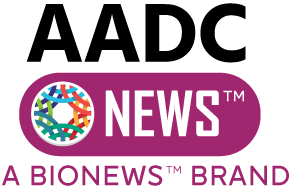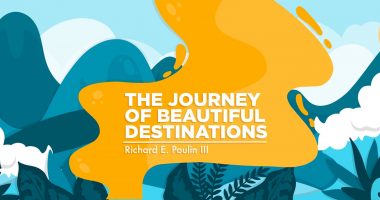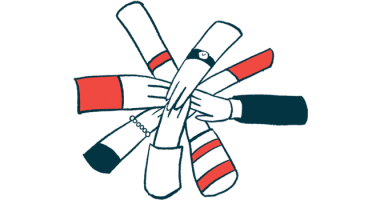Global Genes Seeks Applications for 2022 RARE Meet-Ups Grants

Global Genes, a worldwide non-profit, is seeking to support in-person meet-ups that provide access to educational resources and assistance for patients, caregivers, and advocates for rare diseases, such as aromatic l-amino acid decarboxylase (AADC) deficiency.
Under the group’s 2022 RARE Meet-Ups Impact Grant program, U.S.-based support groups and nonprofit organizations that focus on rare diseases may receive funding and additional resources for meetings taking place between April and November.
The program is accepting applications through Feb. 4, and grant recipients will be notified by Feb. 21, Global Genes states on its website.
“These events should provide critical education and much-needed in-person collaboration for rare disease patients, caregivers, and advocates at the local level to help equip participants to better serve their rare communities,” the webpage states.
A total of five in-person meetings, each lasting about three to four hours, are expected to make up this year’s RARE meet-ups. Through the grant program, Global Genes will partner with awardees and provide marketing support and materials, resources, and co-development content. No specific grant amounts have been given by Global Genes.
To be eligible, applicants must be members of the Global Genes RARE Foundation Alliance, and should apply through the Global Genes Grant Portal.
AADC deficiency is a very rare genetic disorder with approximately 135 cases described worldwide since a first report in 1990. While its global prevalence is still unknown, researchers estimate it affects one in every 90,000 newborns in the U.S.
Global Genes aims to provide hope for the more than 400 million people worldwide affected by rare diseases, by helping them build communities, gain access to information and resources, and connect with researchers, clinicians, industry leaders, and other stakeholders.
According to the 2022 program, proposals must fall within four categories.
The caregiver/patient support category is intended for projects focusing on broader support aspects for patients and caregivers in the rare disease community. Examples include meet-ups focused on family or sibling support, mental health issues, and how to navigate the regional healthcare system. Applications that cover the impact of the COVID-19 pandemic also are included in this category.
A second category, scientific and/or clinical research, is meant for proposals that highlight scientific data, clinical trials, or patient registries. These meetings should include researchers, clinicians, or advocates to discuss advances in a specific disease. Meet-ups in this category also may educate the local community about patient registries or natural history studies.
Support groups and organizations seeking to expand their work on fundraising, volunteer recruitment, and outreach to the local community, or that want to address the local and long-term impacts of COVID, should select the capacity building category. An example of a proposal in this category would be creating a program that makes healthcare services more accessible to the local community.
Projects aiming to increase awareness of rare diseases and/or improve diagnoses should be submitted under the category ultra rare diseases. Clinical guidelines from experts on early detection or understanding the significance of a diagnosis are examples of the focus points that can be discussed in these meet-ups.
Other prior initiatives held by Global Genes include the RARE Health Equity Summit, which aimed to address health inequalities within the rare disease community, and the 2021 RARE Patient Advocacy Summit, during which participants learned about the latest discoveries in the rare disease field, and best practices for personal and organizational advocacy.






